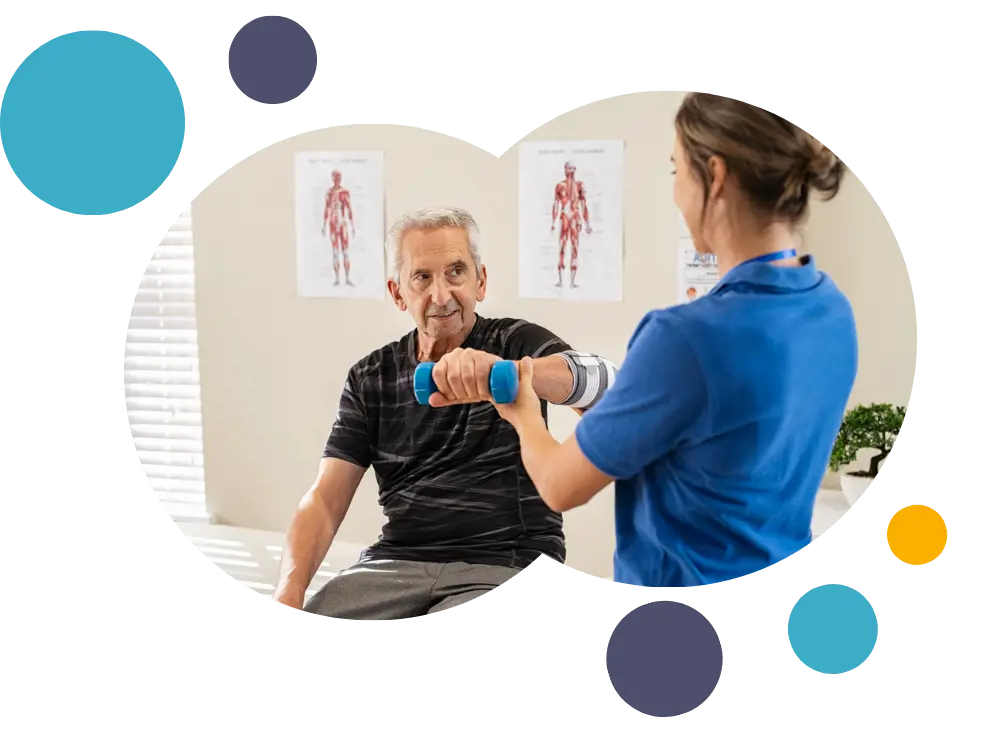The team has previously tested a prehabilitation intervention that involves nutritional support and an exercise plan prior to surgery, which showed improvements in fitness and reduced hospital stays.
They are now expanding their project and testing whether this intervention can also prevent ‘chemo brain’ – a common side effect of chemotherapy which affects memory and cognitive function.
The research team will be measuring the success of using this treatment to help alleviate stress and anxiety in colorectal cancer patients, and ultimately improve their quality of life post-chemotherapy.
The researchers will assess patients by measuring proteins in their blood before and after prehabilitation that indicate the growth of new brain cells. They will also measure electrical activity of the brain, as well as thinking skills such as memory and attention.
The team plan to follow up with participants of the study three months after chemotherapy, to interview them about their physical and psychological health and quality of life.
Dr Christopher Gaffney said: “The incidence rate of colorectal cancer is 37% higher in the North West than the national average and most patients undertake chemotherapy. If successful, our intervention could help thousands of patients across the region annually and significantly improve their quality of life after treatment.
“Following our study, we will promote discussion with colleagues in the NHS regarding the type of treatment to optimise patient outcomes in colorectal cancer and ultimately inform future research into the benefits of prehabilitation, for colleagues in both neuroscience and physiology.”

